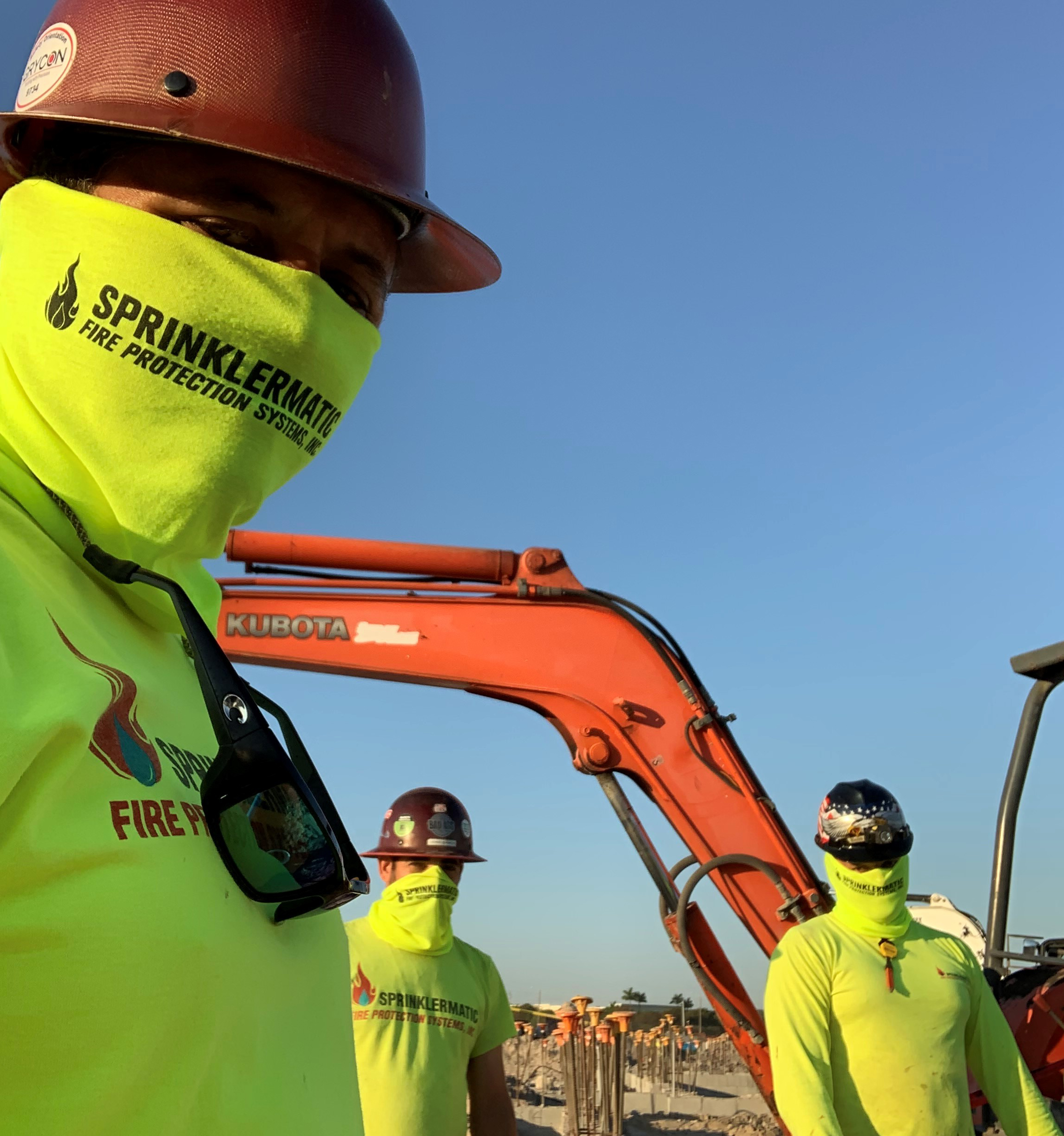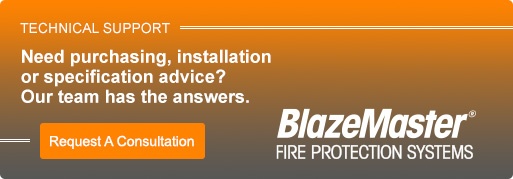COVID-19: Small Business Tips for Navigating the Road Ahead
We can all be proud that our fire protection industry has played a critical role in the response to the COVID-19 pandemic. As outlined by the National Fire Sprinkler Association, fire protection was deemed “essential” based on the critical need to respond to repairs and outages as well as inspection, testing and maintenance.
As a result of that designation, fire protection firms have had the opportunity to be up and running at a time when others were closed. Existing fire protection systems must remain operational, especially with many commercial buildings closed due to the shutdown. Inspections and testing, emergency service, and monitoring are important to protecting your customers and communities.
“We cannot put additional strain to our overburdened emergency response capabilities, by not ensuring buildings are protected with the very equipment that saves lives and property,” said National Fire Protection Association (NFPA) President and CEO Jim Pauley. The NPFA issued guidance for demobilizing buildings under construction, renovation or demolition to help building owners, authorities having jurisdiction (AHJs), installers and maintainers, facility managers and contractors.
Protect Your Workforce – and Your Business
Even as the economy reopens, the economic and operational challenges of COVID-19 pose significant challenges, especially to the small businesses that are an important part of our industry.
Safety for employees and customers must be the top priority. We all know the basics – wash your hands as recommended by the Centers for Disease Control and Prevention, practice social distancing and provide personal protective equipment to your workers.
For installers, CPVC installation makes social distancing relatively easy as it is typically a 1- or 2-person job, unlike steel piping which usually requires a larger work crew. However, it is important to reinforce regularly with your employees the importance of keeping a safe distance from others who may be working on the site. For your office workers, ensure that work spaces are laid out to keep everyone at least six feet apart. You may also want to offer flexible work-at-home options or split shifts to open up space.
For employees performing inspections or repairs, consider the following:
- Contact the customer in advance to discuss the details of the job to minimize face-to-face contact.
- Ask if anyone in the facility, or home, has been sick or under quarantine. In these situations, avoid populated areas of the building if possible.
- Ensure your technicians observe strict social distancing and wear protective gear. They must dispose of it when work is complete. The virus can live up to five days on metal and up to three days on plastic, according to WebMD.
- Collect payments remotely, if possible.
Ensuring safety is also essential to protecting your business from potential liability if an employee or customer becomes sick with COVID-19. Keeping pace with federal, state and local requirements can be complex, particularly if your company operates in multiple states.
At the federal level, OSHA has published COVID-19 safety guidelines for construction workers. In addition, safety precautions vary under state and local executive orders. NFSA is maintaining a helpful state-by-state directory of letters and executive orders.
Stay Flexible
No one can predict how the next phase of the pandemic will unfold – or the impacts on supply chains and the larger construction industry. For business owners, it’s important to adjust business practices to mitigate an uncertain future. But that’s business as usual for the fire sprinkler industry.
“Transformation is nothing new in the world of fire protection,” said Robin Collier, President of Sprinklermatic Fire Protection Systems, an independently owned fire sprinkler and alarm system contractor operating throughout Florida. “Our industry is constantly adapting to new technologies, improved collaboration with fire rescue professionals and increasing public awareness about the essentiality of fire sprinklers.”
“While these are uncertain times with complex variables, our outlook remains cautiously optimistic and you can count on us to remain actively engaged and in the business of solving problems and saving lives," Collier said.
Here are three considerations for adapting your business:
- Control costs – but carefully. For a business in a cash crunch, there’s always the temptation to simply slash budgets. But keep in mind that cutting staff and other resources can also reduce your ability to generate revenue.
- Revisit your business plan. Consider the current mix of your business, such as new installation vs. maintenance. Will that mix hold up or do you need emphasize different services?
- Consider new business partners and vendors. The recovery is likely to be uneven, and some of your current vendors and business partners may not reopen. Times like these are good chances to forge new relationships that advance your business.
Unfortunately, none of us have a crystal ball that will tell us how the pandemic will unfold in the months ahead. By keeping safety the top priority and adapting your business as the pandemic evolves, you can position your company for success as the economy recovers.


